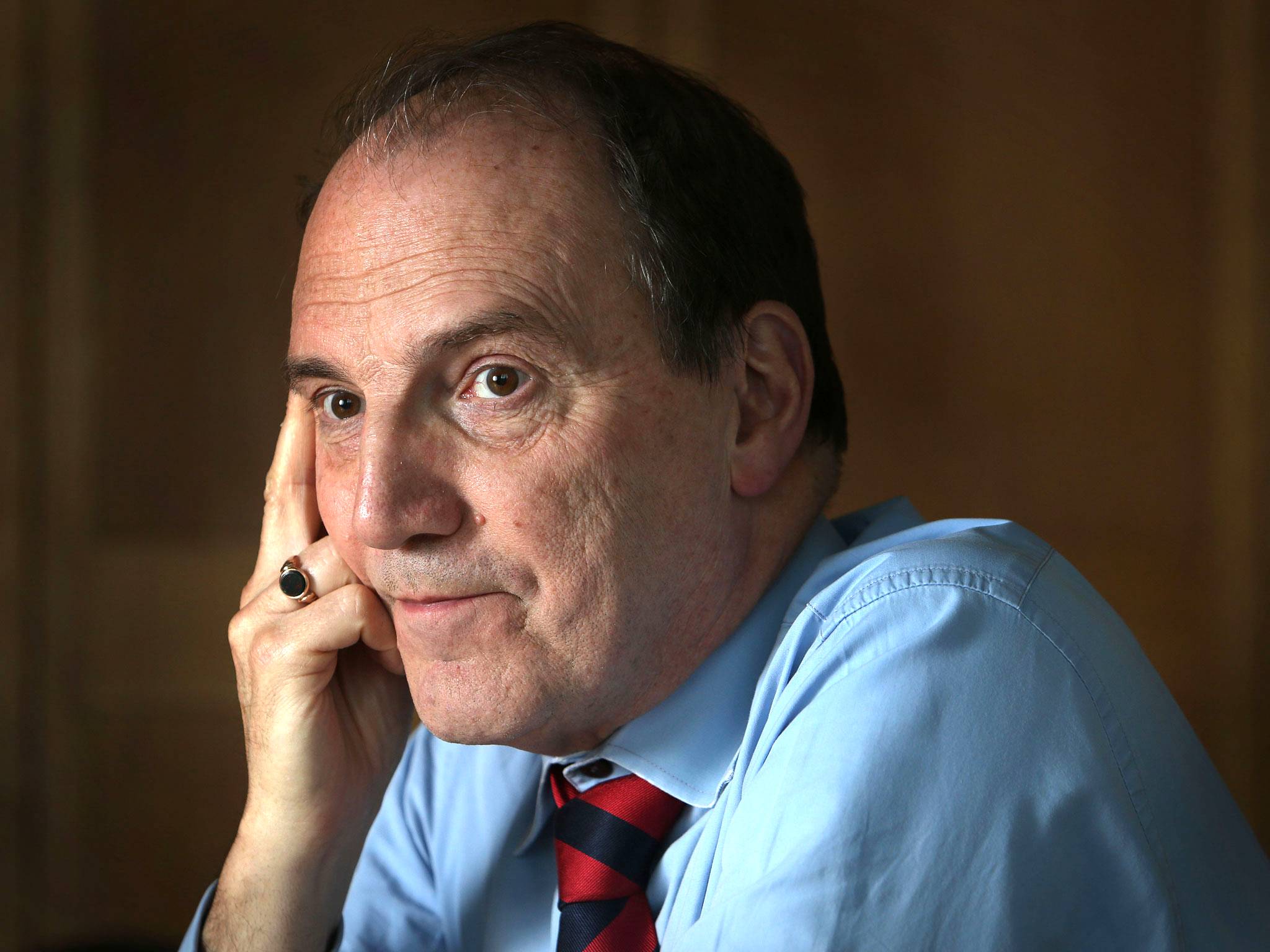Donald Macintyre's Sketch: Lib Dems' Simon Hughes sees red on his dispatch box debut - under the critical gaze of Ricky Tomlinson
We were plunged into the torrid turmoil of the Heath years

Your support helps us to tell the story
From reproductive rights to climate change to Big Tech, The Independent is on the ground when the story is developing. Whether it's investigating the financials of Elon Musk's pro-Trump PAC or producing our latest documentary, 'The A Word', which shines a light on the American women fighting for reproductive rights, we know how important it is to parse out the facts from the messaging.
At such a critical moment in US history, we need reporters on the ground. Your donation allows us to keep sending journalists to speak to both sides of the story.
The Independent is trusted by Americans across the entire political spectrum. And unlike many other quality news outlets, we choose not to lock Americans out of our reporting and analysis with paywalls. We believe quality journalism should be available to everyone, paid for by those who can afford it.
Your support makes all the difference.It’s not perhaps what newly appointed LibDem Justice minister Simon Hughes would have chosen for his dispatch box debut—defending the decision not to release government papers from an industrial dispute of over 40 years ago. And doing it under the fiercely attentive eye of Ricky Tomlinson, sitting in the VIP seats not as the famous actor he became but as the ex-plasterer and union activist jailed after the 1972 building workers' strike.
Suddenly we were plunged into the torrid industrial turmoil of the Heath years, including the strike against the iniquitous lump—the no tax, self-employment cash payment system then favoured by employers for uninsured work on the country’s notoriously dangerous construction sites where, as Labour backbencher David Anderson put it, “a building worker was dying every day on average”.
Anderson described in riveting detail how the picketing “Shrewsbury 24” were arrested –long after the alleged intimidation offences they were charged with-- how three, including Tomlinson, were imprisoned on convictions hotly contested to this day, and how secret intelligence papers withheld despite the 30 year disclosure rule could shed further light on a “special unit ….. set up in Government to undermine legitimate trade union activity………”
With Old Labour—literally in some cases as well as ideologically-- represented in force, class war echoed as resoundingly in the chamber as if this had all happened yesterday. But it was largely ignited by veteran Thatcherite Sir Gerald Howarth. He said—accurately—that Labour as well as Tory Lord Chancellors had ruled against disclosure but lurched into a long eulogy of his heroine’s rescue of the nation, as he saw it.from union militancy. Since she took office seven years after the events in question, the immediate relevance was unclear.
Trying to polish his Liberal credentials in adverse circumstances, Hughes promised a Cabinet Office review next year. But he failed to explain how national security in 2014 would be threatened by publication. Leaving unanswered Labour MP Tom Watson's argument that “the Stasi published their files after the Berlin wall came down in 1989. I think that we can publish ours now.”
Subscribe to Independent Premium to bookmark this article
Want to bookmark your favourite articles and stories to read or reference later? Start your Independent Premium subscription today.
Join our commenting forum
Join thought-provoking conversations, follow other Independent readers and see their replies
Comments